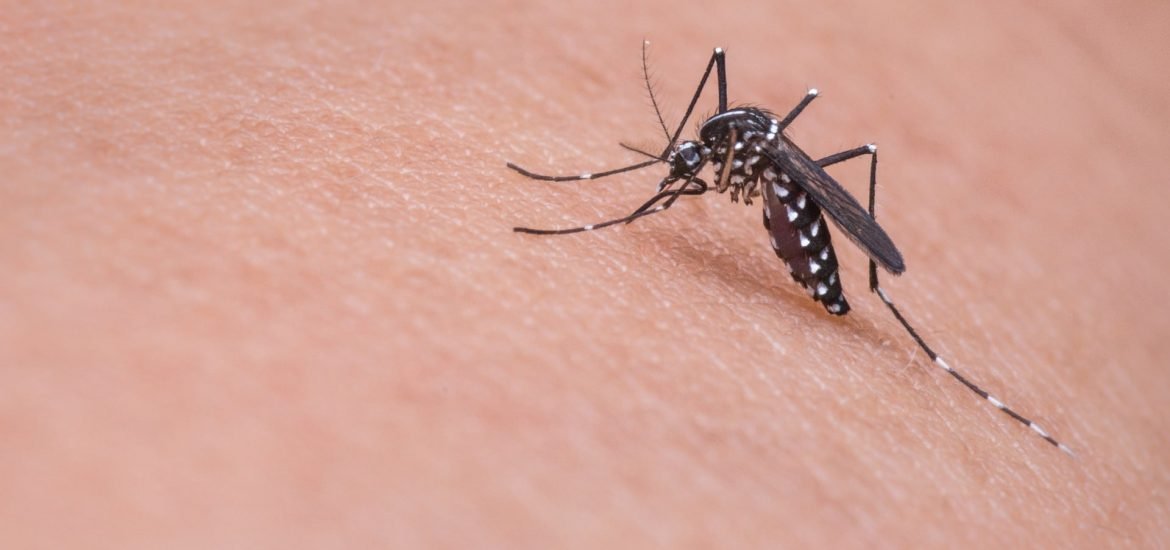
Scientists believe they have found a way make mosquitoes resistant to the malaria parasite. Using new CRISPR/Cas9 technology, researchers were able to remove a gene in mosquitoes that makes them ideal hosts for malaria. Their findings suggest the same method could be used in wild mosquito populations to reduce the chance they will transmit the parasite to humans.
The study was published on Thursday in the journal PLOS Pathogens by a group of scientists at Johns Hopkins Bloomberg School of Public Health’s Malaria Research Institute. According to the researchers, it is the first study to demonstrate that malaria resistance can be achieved by deleting a gene.
In 2016, there were more than 200 million cases of malaria worldwide resulting in nearly 450,000 deaths, according to World Health Organisation estimates. A majority of these occurred in sub-Saharan Africa among children under the age of five.
Although a malaria vaccine is available, the protection it provides is temporary and limited. Since the vaccine requires four separate injections and has relatively low efficacy, researchers are exploring cost-effective strategies focused on malaria prevention.
The CRISPR/Cas9 system, developed by Eric Marois, research scientist at the University of Strasbourg, allows scientists to remove, add or alter sections of the DNA sequence. Using the Cas9 enzyme, it is possible to cut two strands of DNA at a particular location and then add or remove DNA at that location in the genome.
In the study, researchers focused on the FREP1 gene. The gene is considered a malarial “host factor” because it encodes an immune protein that helps malaria parasites survive inside the mosquito gut and reach the developmental stages required for transmission to humans.
Using the CRISPR/Cas9 technology, researchers deleted the FREP1 gene in Anopheles gambiae mosquitoes. They found that deleting the gene not only reduced the number of mosquitoes infected with malaria, it also reduced the presence of parasites in the mosquitoes’ salivary glands. In most of the modified mosquitoes, scientists found no evidence of parasites in the sporozoite stage, which enter the bloodstream when a person is bitten by a mosquito.
“The resistance to malaria parasites that’s achieved by deleting FREP1 is remarkably potent,” said Dr George Dimopoulos, senior author of the study and professor in the Department of Molecular Microbiology and Immunology at Johns Hopkins.
Dimopoulos highlighted the potential impacts of the findings, saying that there would likely be “a significant impact on malaria transmission” if wild mosquitoes could be replaced with the modified mosquitoes. The authors noted, however, that there have not yet been any attempts to replace mosquitoes in the wild with genetically modified mosquitoes.
The findings give scientists “a good technological platform for developing advanced malaria-control strategies, based on genetically modified mosquitoes unable to transmit the disease, and for studying the biology of malaria parasites in their mosquito hosts,” according to Dimopoulos.
However, researchers observed some negative effects of removing the FREP1 gene on mosquitoes’ fitness levels, which could affect the mosquitoes’ chances of survival if released into the wild. The scientists said they were working on a solution: “We’re now making mosquitoes in which FREP1 will be inactivated only in the adult gut,” according to Dimopoulos. “We predict that when we do that, the mosquito won’t suffer the same fitness costs.”
Support for the study was provided by various organisations, including the French National Center for Scientific Research (CNRS), French National Institute of Health and Medical Research (Inserm), Agence Nationale de la Recherche and the US’s National Institute of Allergy and Infectious Diseases.